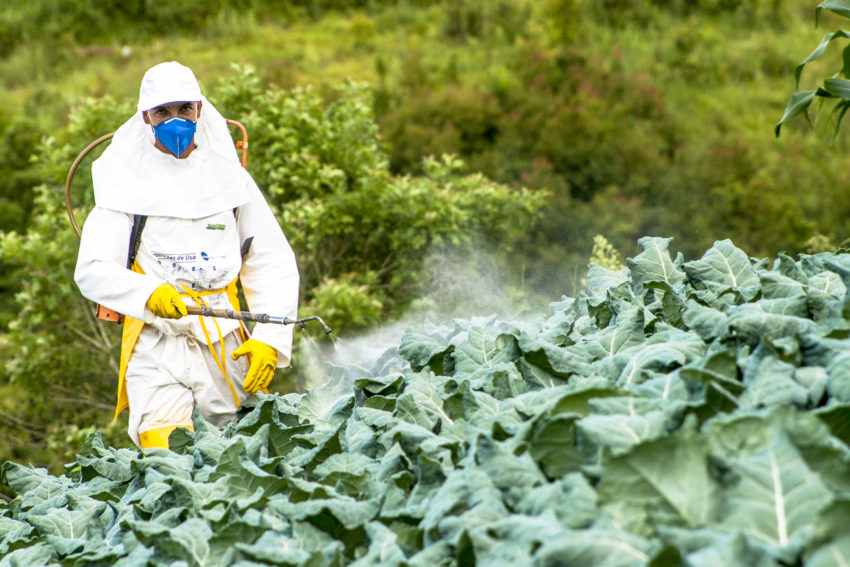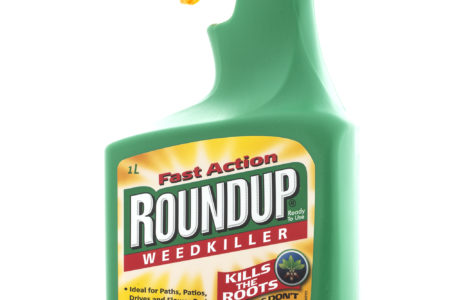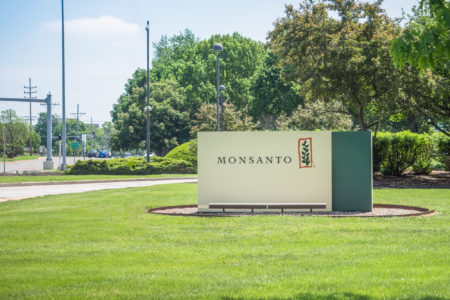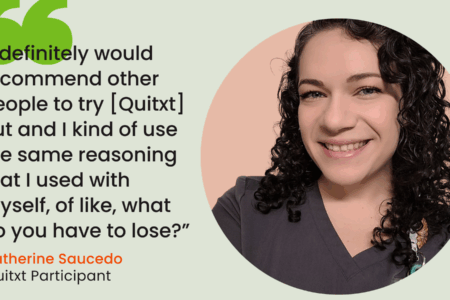
Share On Social!
Exposure to a widely used substance in weed killers is connected to a 41% increase in the likelihood of developing cancer, according to a new study.
Researchers found people who regularly interacted with high levels of the chemical, glyphosate, had a higher chance of contracting non-Hodgkin lymphoma (NHL), reported in findings published in Mutation Research.
This is important for Latinos and those in poverty, who tend to disproportionately live in regions where glyphosate is sprayed in California (39% Latino).
Rachel Shaffer, a study author and a University of Washington doctoral student, told UW News the new study gives a current and in-depth examination of links between NHL and glyphosate.
“These findings are aligned with a prior assessment from the International Agency for Research on Cancer, which classified glyphosate as a ‘probable human carcinogen’ in 2015,” Shaffer said.
Although the researchers are confident in their findings, they have stated their studied population was narrow and therefore its deductions are not conclusive.
Where Is Glyphosate Found?
Glyphosate is an herbicide, or a chemical toxic to plants, and is mainly used to destroy unwanted vegetation. It is common in many popular weed killer brands such as Roundup and Ortho Ground Clear.
This chemical can be in both liquid- or solid-based materials.
There are over 750 different products that contain glyphosate currently being sold on the market, according to the National Pesticide Information Center (NPIC).
While the study focused on 5,400 licensed pesticide applicators, it also established that glyphosate could be absorbed by various plants and food. Berries, vegetables, and grains were all determined to be contaminated by the chemical through pesticide spraying.
What Controversy Still Surrounds Glyphosate?
Cancer, which is the leading cause of death in the U.S. Latino community, has disproportionally impacted those who are at an economic disadvantage. Not only is cancer a major issue, but between 5-9% of employed Latinos experience metal and pesticide exposure in the workplace.
People across the country are fighting back against the damage that has been done to their bodies due to long-term glyphosate exposure.
Dwayne Johnson, a former groundskeeper who was diagnosed with NHL in 2014, won $78 million in damages due to his long-term exposure to glyphosate-based products. Since then, thousands of lawsuits have been filed against Monsanto, the manufacturer of Roundup, according to a CNN article.
The narrow scope of the study and its meta-analysis, nevertheless, has given room for manufacturers and some health experts to refute its claims.
Epidemiologist Gid M-K, for example, wrote on Medium about the new study: “If you’re a farmer spraying glyphosate daily, it’s possible that there’s an increased risk of Non-Hodgkin’s Lymphoma, but even then the absolute risk only increases by about 0.5%.
“But for you and me? Average people eating food we bought at the supermarket?” he asked. “There is no good reason to think that glyphosate causes harm.”
The Environmental Protection Agency (EPA) currently states, “glyphosate has low toxicity for humans.”
However, the report’s conclusions challenge that notion.
“We are reviewing the study,” an EPA spokesperson said in a statement in response to these new findings.
How Can You Reduce Exposure to Glyphosate?
The NPIC urges customers to check the labels for the chemicals found in lawn care products and instructions to limit exposure.
Alternative vegetation elimination options are available such as non-glyphosate weed killers, a homemade white vinegar recipe, and using chemical-free methods like manual removal.
Here are other natural options from Hometipsworld Network.
In everyday food consumption, the NPIC recommends washing all produce thoroughly under running water while rubbing its surface. This will reduce some, but not all, of the pesticide residue on fruits and vegetables.
Lianne Sheppard, one of the report’s authors and an Environmental and Occupational Health professor at the University of Washington, said she believes the data have a clear message.
“Our analysis focused on providing the best possible answer to the question of whether or not glyphosate is carcinogenic,” Sheppard told UW News. “As a result of this research, I am even more convinced that it is.”
Editor’s Note: This article is part of a collaboration between Salud America! and the Hoffman Toxicant-Induced Loss of Tolerance (TILT) program at UT Health- San Antonio. To find out if you are TILTed due to exposure to everyday foods, chemicals, or drugs, take a self-assessment or learn more about TILT.
Explore More:
Chemical & Toxic ExposureBy The Numbers
1
Quick Survey
Can help you find out how chemically sensitive you are



